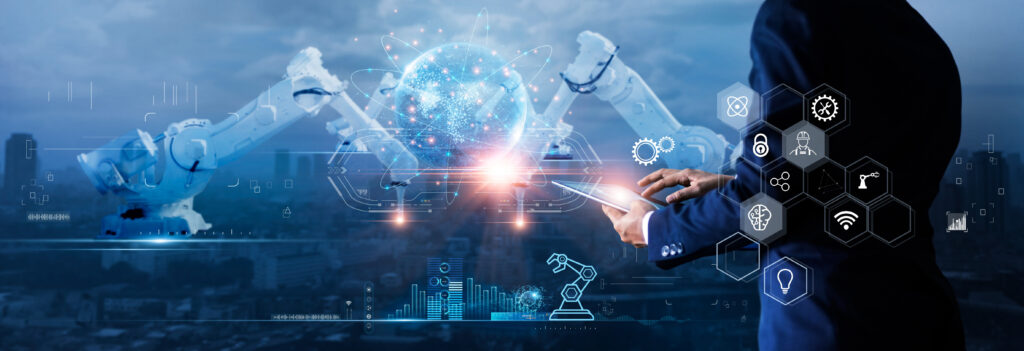Industry 4.0: Essential People and Leadership Skills for New Zealand’s Future Manufacturing Sector

Introduction to Industry 4.0 in New Zealand
As New Zealand’s manufacturing sector stands on the brink of the Fourth Industrial Revolution, commonly referred to as Industry 4.0, it becomes imperative to reassess the essential people and leadership skills that will navigate this transformative era.
Industry 4.0 isn’t merely about technological advancement; it’s a fusion of digital, physical, and biological spheres, reshaping how industries operate.
In New Zealand, where manufacturing contributes significantly to the economy, understanding the interplay between leadership, technology, and human capital is crucial for sustainable growth.
The Evolution of Manufacturing in New Zealand
Historically, New Zealand’s manufacturing sector has been characterised by its agility and innovation.
As global trends shift towards automation and data exchange, local industries are pressured to adapt swiftly.
This adaptation is not just technological but also procedural and cultural within workplaces.
The leaders of today and tomorrow must, therefore, be equipped not only with a deep understanding of advanced technologies such as IoT (Internet of Things), AI (Artificial Intelligence), and robotics but also with the capability to foster an environment that embraces continuous learning and adaptation.
Particularly for small and medium-sized businesses, which form the backbone of the economy, resource constraints and the high costs of technological adoption pose significant challenges. These businesses must navigate these hurdles with innovative thinking and target their efforts to thrive in the era of Industry 4.0.
Essential People and Leadership Skills for Industry 4.0
Visionary Thinking
In the context of Industry 4.0, visionary leadership goes beyond foresight. It involves crafting a clear path forward among the unclear areas of emerging technologies.
Leaders must not only envisage the future but also articulate it in a manner that is coherent and compelling to all stakeholders involved, from shop floor workers to executive board members.
Agility and Adaptability
The rapid pace of technological change dictates that leaders must be highly adaptable and ready to pivot strategies as new technologies and processes become available.
This agility extends to adopting new business models that leverage digital tools to enhance productivity and competitiveness on a global scale.
Empathy and Employee Engagement
At the heart of Industry 4.0 is people power. Technology may drive innovation, but human creativity and collaboration realise its potential.
Leaders have to, therefore, exhibit empathy and foster a culture where employee engagement is paramount.
Understanding the workforce’s concerns and aspirations will not only ease the integration of new technologies but also boost morale and productivity.
Commitment to Lifelong Learning
With the advent of Industry 4.0, the learning curve for everyone in the sector steepens. Leaders must champion continuous professional development and facilitate training programmes that upskill the workforce to handle new technologies and methodologies.
This commitment to education is essential in cultivating a workforce that can thrive amongst the complexities of a digitally driven environment.
In our last blog post, we discussed Hyland’s survey findings. These show that nearly all employees, regardless of their level of knowledge in AI, still want further formal training. This enforces the need for ongoing commitment to staff upskilling.
Fostering Innovation Through Collaboration
Innovation in Industry 4.0 is not just about individual brilliance but a collective effort.
Encouraging collaboration across departments or external partners can lead to breakthrough ideas and solutions that push the sector forward.
Leaders can create platforms and opportunities for cross-functional teams to come together and learn from each other’s experiences.
Building Resilience in the Workforce
Resilience is crucial as the manufacturing sector navigates through the uncertainties brought about by technological disruption.
Leaders have to build a resilient workforce capable of adapting to changes, overcoming challenges, and seizing opportunities as they arise.
Prioritising Sustainability
Sustainability has become a cornerstone of modern manufacturing. Leaders must integrate sustainable practices into every aspect of production, from minimising waste through lean methodologies to adopting green technologies.
This not only ensures compliance with increasingly stringent regulations but also appeals to the eco-conscious consumer base.
Conclusion
As New Zealand’s manufacturing sector gears up to fully integrate Industry 4.0, there is a heightened need for leaders who not only have a deep understanding of technology but also excel in interpersonal and strategic capacities.
These leaders will be pivotal in harnessing the full potential of people power, directing the sector toward a future that is innovative, sustainable, and inclusive.
Navigating the complexities of Industry 4.0 presents significant challenges, but New Zealand’s manufacturing industry is well-positioned to flourish in the digital era with the right leadership.
If you are new to the topic of Industry 4.0, we suggest you take a look at this great article.
For your staffing needs and to ensure you have the right people leading your business forward, learn more about our specialist recruitment approach and contact one of our team.
